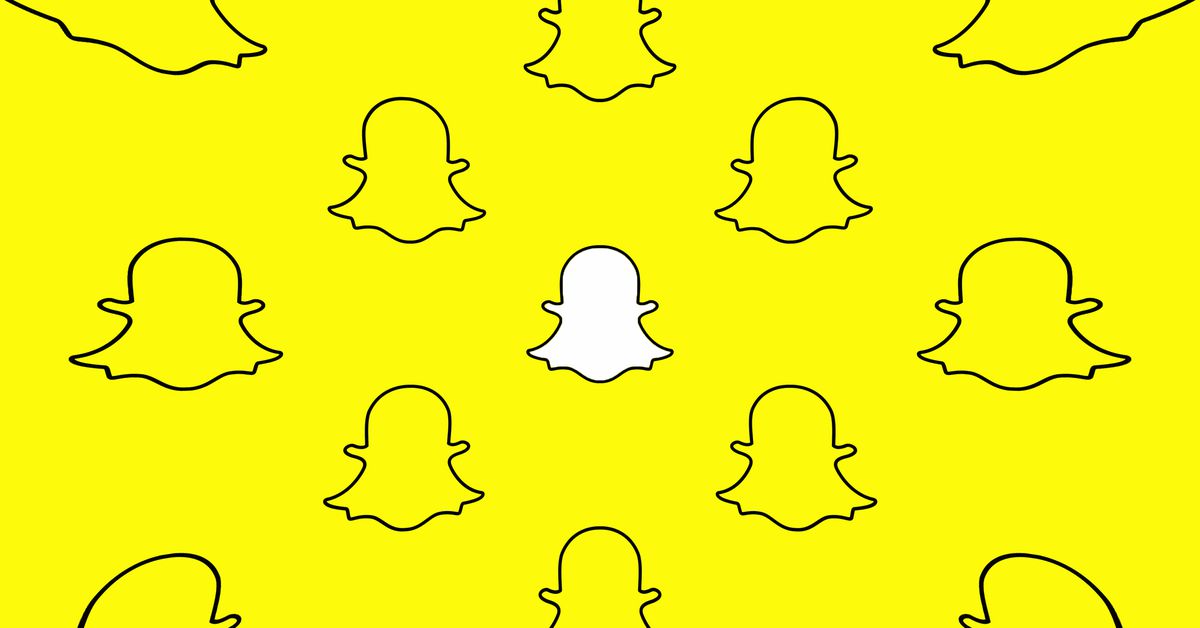
Snapchat is apologizing for a controversial Juneteenth filter that allowed users to “smile and break the chains,” saying the filter had not gone through its usual review protocols. The filter was panned by critics on Friday morning shortly after its release for its tone deafness, and was disabled by about 11AM ET.
“We deeply apologize to the members of the Snapchat community who found this Lens offensive,” a Snap spokesperson said in an email to The Verge. “A diverse group of Snap team members were involved in developing the concept, but a version of the Lens that went live for Snapchatters this morning had not been approved through our review process. We are investigating why this mistake occurred so that we can avoid it in the future.”
Lens development is led by the team from Looksery, which Snap acquired in 2015 for $150 million. A source familiar with the matter says that much of the team is based in Ukraine and may not be familiar with American cultural attitudes.
Black Snap employees were involved in the filter’s creation but did not see that the final version included an action that would break chains if the user smiled, the source said.
Atlanta-based digital strategist Mark S. Luckie demonstrated the filter on Twitter, calling it “interesting.” The filter showed what appeared to be an approximation of the Pan-African flag, and prompted the user to smile — a common trigger for animated Snapchat filters — causing chains to appear and then break behind the user.
Juneteenth is the anniversary of the day in 1865 when a group of enslaved people in Texas finally learned that slavery in the US had ended, more than two years after Abraham Lincoln signed the Emancipation Proclamation.
The Juneteenth filter arrives just over a week after report surfaced that Snap CEO Evan Spiegel was delaying the public release of the company’s diversity stats because he was concerned that “all these disclosures have actually normalized the current composition of the tech workforce.” He told CNBC in a June 11th interview that Snap was “actually inventing a new way right now to release that information and also make it clear about the plans we have to include representation at Snap and more broadly, in the industry.”
Spiegel said of the company’s diversity stats that “Snapchat looks like most other technology companies in terms of representation.” Most Silicon Valley tech firms skew heavily white and male. Snap has been one of the few Silicon Valley companies to never release a diversity report.
The most recent tweet on the Snap Inc. Twitter account, dated June 1st, links to a statement from Spiegel and says “We condemn racism. We must embrace profound change. It starts with advocating for creating more opportunity, and for living the American values of freedom, equality and justice for all.”
It isn’t the first time a Snapchat filter has gone badly awry. In 2017, it honored International Women’s Day by offering filters of famous women like Frida Kahlo, Rosa Parks, and Marie Curie, but added smoky eye makeup and a face “thinning” effect to the Curie filter. It had two misfires with filters in 2016: it released a Bob Marley filter in honor of 4/20 that put users’ selfies in what many users felt amounted to digital blackface, and later that year made an anime-inspired filter that created “yellowface” caricatures of Asians.
UPDATE June 19th 11:15AM ET: Added that Snap appears to have removed the filter.
UPDATE June 19th 12:21PM ET: Adds statement from Snap spokesperson.
https://www.theverge.com/2020/6/19/21296713/snapchat-juneteenth-filter-smile-chains-controversial

